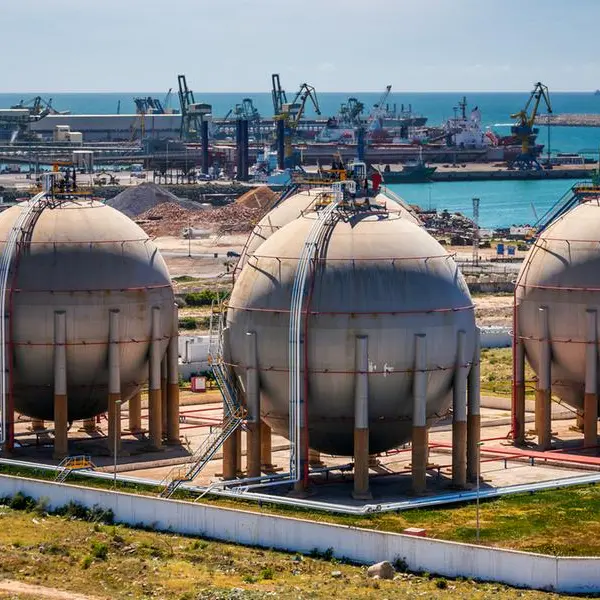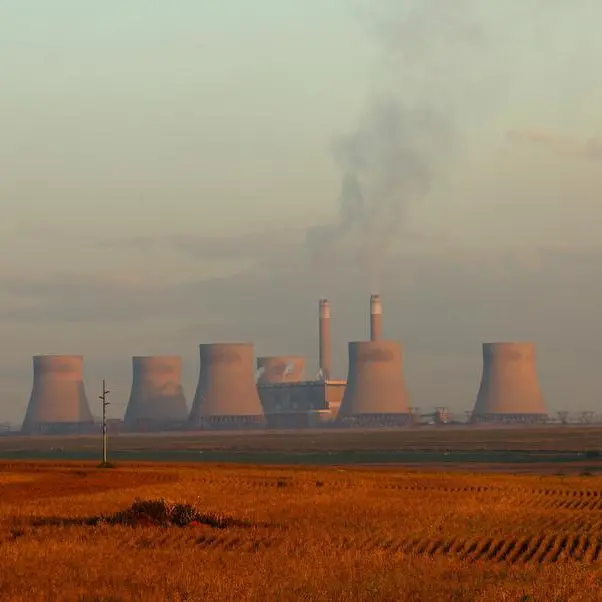PHOTO
LONDON: Oil prices rose slightly on Wednesday after an industry report showed U.S. crude and gasoline inventories fell and as the market watched for a possible widening of the Israel-Gaza war, which may impact global oil supplies.
Brent crude futures rose 32 cents, or 0.4%, to $81.01 a barrel by 0820 GMT. U.S. West Texas Intermediate crude gained 33 cents, or 0.4%, to $78.68 per barrel.
"The American Petroleum Institute reported a significant drawdown in U.S. crude inventories of 5.2 million barrels, far more than a forecasted decline of 2 million. The data signalled that oil demand remains healthy," said Danish Lim, investment analyst at Phillip Nova.
"Nevertheless, geopolitics remain the elephant in the room as the likelihood of an escalation in Middle East tensions could serve as upside risk to oil prices over the coming weeks."
Official U.S. government data from the Energy Information Administration is due later on Wednesday.
In the Middle East, one of the world's major oil producing regions, Iran has vowed a severe response to the killing of the leader of Hamas late last month. Israel has neither confirmed nor denied its involvement but it is fighting in Gaza against Hamas after the group attacked Israel in October. To counter Iran, the U.S. Navy has deployed warships and a submarine to the Middle East.
"The extent of Iran's reprisal, as well as Israel's response, will likely determine whether the current conflict in the Middle East broadens into a regional conflict," said Vivek Dhar, analyst at Commonwealth Bank of Australia.
"The immediate market concern will be attacks on Iran's oil supply and infrastructure", he said. "Iran accounts for 3%-4% of global oil demand, of which, 25%-50% is exported."
A broader conflict in the Middle East could also threaten oil moving through key choke points in the region, ANZ Research said in a note on Wednesday.
"This could expose over 20 million barrels per day of oil to risks of disruption."
Capping oil price gains however, the International Energy Agency trimmed on Tuesday its 2025 estimate for oil demand growth, citing the impact of a weakened Chinese economy on consumption. (Reporting by Paul Carsten in London, Laila Kearney in New York and Emily Chow in Singapore; Editing by Muralikumar Anantharaman, Christian Schmollinger and Shounak Dasgupta)





















